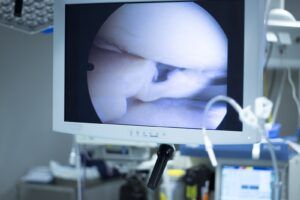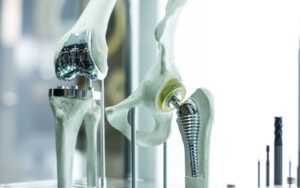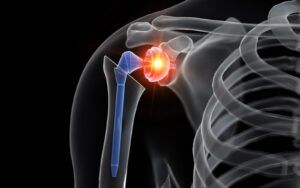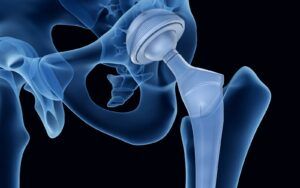
Joint Replacement in 23 Hours: Is It Right for You?
In some of the most recent trends found in joint replacement, many patients have been opting for a procedure called a 23-hour joint replacement. Throughout the procedure, patients will have the surgery performed, spend one night in hospital, and then take the rest of their time recovering at home. This can be a great option […]
Continue Reading...
The New Mi-Eye Device and How It Aids Arthroscopic Procedures
In orthopedic care, diagnostics play an essential role in how joint conditions are treated. In normal settings, diagnoses are performed using an MRI scan to look inside the affected joint area and search for signs of damage or injury. MRI scans, however, cannot keep up with the demands of today’s treatment, as this piece of […]
Continue Reading...
How Early Identification May Help Prevent Osteoarthritis
As the most widespread form of arthritis, osteoarthritis has limited strategies for nonsurgical treatments due to their limited uses. People with painful osteoarthritis tend to have already extensive structural damage throughout the knees, which can prevent successful treatment and reversal of the disease. Because medical researchers are still looking for ways to treat osteoarthritis effectively, […]
Continue Reading...
Using Nerve Stem Cell Therapy To Promote Knee Cartilage Repair
Injured cartilage cannot properly heal on its own and often requires a combination of surgical techniques and physical therapy to be able to repair and replace the damaged cartilage. The knees are especially prone to cartilage damage due to the amount of pressure and flexibility needed to support the body’s range of motion, and depending […]
Continue Reading...
How To Reach Recovery Goals After Ankle And Foot Surgery
Regardless of how successful the foot or ankle surgery was, no one truly enjoys the recovery process. In the simplest of procedures, the recovery period can take a couple of weeks. In more serious cases, you can expect to spend a couple of months in surgery. You’ll participate in physical therapy and rehab to help […]
Continue Reading...
Improved Shoulder Replacements With Computer Assistance
As imaging and computer technology continues to advance, more and more orthopedic treatment options become available. Computer-assisted arthroplasty is an example of this form of innovation entering into joint care. What once required fuzzy X-rays and guesswork to accomplish can now be done with confidence and precision. This is accomplished through computer-assisted arthroplasty, providing a […]
Continue Reading...
How AI Technology Is Improving Orthopedic Practices
Artificial intelligence has been quickly gaining momentum and has become more integrated into our daily lives. From social media algorithms to voice integration technology, many aspects of our lives contain rudimentary artificial intelligence forms. The medical industry has been slowly working to have more AI technology in today’s practices, and in orthopedics, the use of […]
Continue Reading...
How Sports Analytics Prevent Injuries In Athletes
One area of sports-related medical science is known as sports analytics. This important practice helps identify athletes who are at the greatest risk of experiencing an injury. Working with these patients, skilled orthopedic specialists are able to provide a plan for limiting their risk of injury. Further, they can provide effective treatment methods when an […]
Continue Reading...
Biologic Approach to Rotator Cuff Repair
Having a torn rotator cuff can be debilitating. It is considered one of the most common sources of pain experienced by adults due to how prominent our shoulders are in performing daily activities and tasks. When the tendons are torn, then the tendons begin to fray, and damage further progresses, especially for those over the […]
Continue Reading...
What Are The Risks With Total Hip Surgery?
Having total hip replacement due to the presence of excruciating hip pain and discomfort can be both reassuring and frightening. Whether your hip’s been damaged from arthritis, an accident, or some other cause, it’s important to know how total hip replacement could help you find better relief, as more than 450,000 hip replacements are surgically […]
Continue Reading...
Recent Comments